According to the World Economic Forum's homepage on May 10, Mr. Francisco Betti, Member of the Executive Committee and Head of the World Economic Forum's Global Industry Group, collected opinions from the global business leadership community.
Businesses are reshaping how industries grow and compete, building more resilient and agile, human-centric organizations, accelerating the clean energy transition and cutting emissions, and driving innovation that benefits both the planet and wider society, he said.
Here are some of the key issues business executives are considering as they try to maintain relevance, resilience and stability in an increasingly unpredictable global landscape.
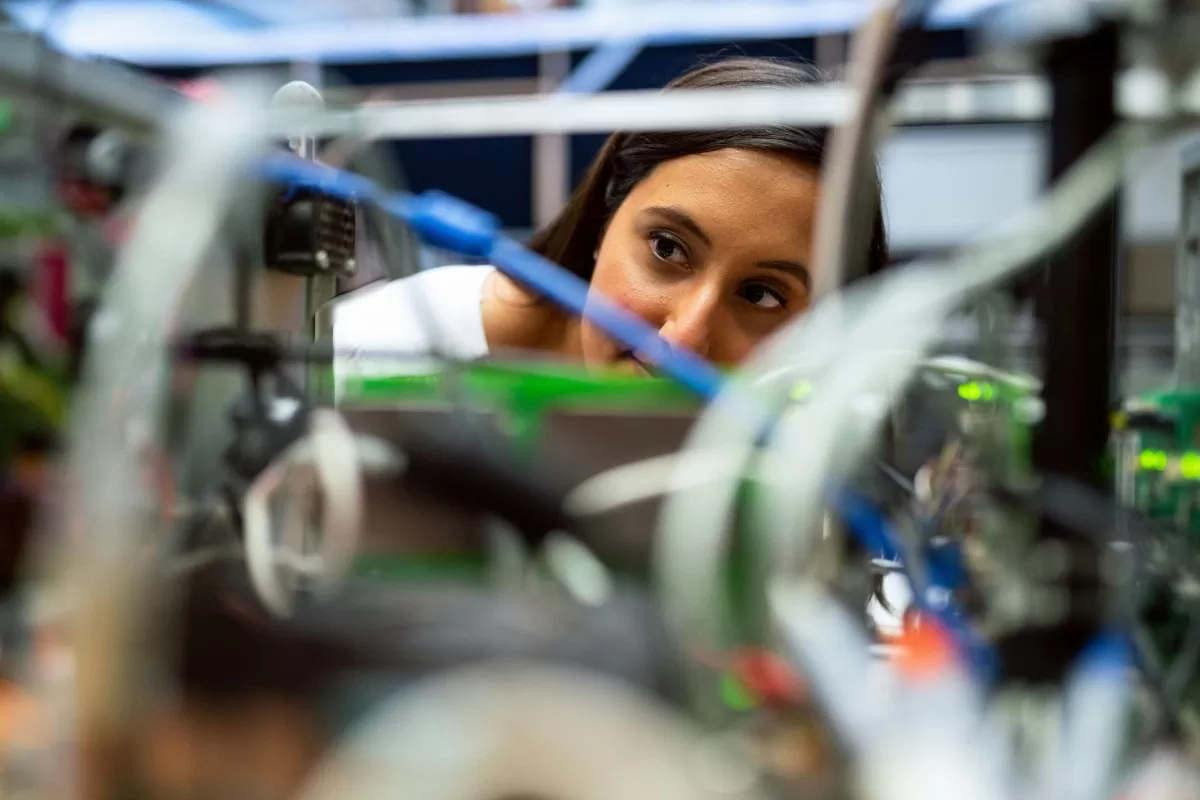 |
| The world industry is transforming to embrace new trends in technology and supply chains. Illustration photo |
Turning AI into leverage
Most businesses now see artificial intelligence as a key lever. The World Economic Forum’s recent report “AI in Action: From Experimentation to Industry Transformation” shows that AI adoption is on the rise with the expectation of tangible benefits.
AI is reshaping entire sectors, from financial services to manufacturing to healthcare. For example, digital twins are providing the automotive and aerospace industries with unprecedented amounts of data to improve performance and reduce unnecessary maintenance. The energy industry is leveraging AI to optimize production and consumption and manage the grid more efficiently. In healthcare, AI is transforming patient diagnosis and treatment.
Still, 74% of companies say they are struggling to deploy AI at scale. There are also concerns about privacy, fairness, and accountability. Industries like media and information technology are grappling with issues like misinformation, content ownership, and cybersecurity.
CEOs stressed the importance of effective governance, system interoperability, and workforce training to fully unlock the potential of AI.
Policy harmonization
The Global Risks 2025 report states that the world is living in “one of the most deeply divided periods since the Cold War.
For industry, trade disruptions and volatile financial markets pose significant challenges. While some sectors have stagnated, there are also growth opportunities and signs of recovery. As the global system restructures, companies are being forced to review their supply chain resilience, regionalization strategies, and investment priorities. The impact is expected to be far-reaching.
Many businesses are calling on policymakers to harmonize regulations and promote cross-border cooperation to prevent excessive fragmentation and inefficiencies.
Strengthening supply chain resilience
A report released in late 2024 found that nearly 80% of organizations’ supply chains had been disrupted in the previous 12 months. These disruptions are now becoming more severe. Industries ranging from automotive to consumer goods are shifting production to mitigate risk, but this comes with trade-offs in cost and efficiency.
Business leaders stressed the need to standardize regulations, enhance cross-industry cooperation and apply predictive risk management to ensure supply chain stability.
Promoting energy efficiency
The World Economic Forum’s “CEO’s Guide to Managing Climate Risk” published last year warned that companies that delay in going green face operational, financial and reputational risks. In contrast, leaders are seeing clear business benefits from energy efficiency. However, challenges remain in coordinating regulatory frameworks, financing mechanisms and technological innovation.
The recent blackout on Europe’s Iberian Peninsula has exposed the energy sector’s conundrum of balancing fossil fuel reliability with investment in renewables. Meanwhile, industries such as chemicals, mining and transport are working to secure strategic minerals and implement circular economies, but high costs and a lack of infrastructure are holding them back.
Business leaders are calling for policy stability, public-private partnerships and practical incentives to promote sustainable transformation and scale up new technologies. A whole new level of coordination between governments, investors and businesses is required.
Preparing the workforce for the future
Technological disruption, economic fragmentation and financial uncertainty, coupled with the green transition and demographic shifts, are reshaping the global labor market. Against this backdrop, trends such as hybrid work, talent shortages and skills mismatches are forcing business leaders to rethink their workforce strategies. Nearly 60% of employers expect these challenges to worsen.
Industries such as aviation, engineering and healthcare are facing severe workforce shortages, requiring investment in automation, new education models and reskilling.
| According to the World Economic Forum’s Future of Jobs 2025 report, some 92 million jobs could disappear by 2030, while 170 million new jobs will be created. Business leaders say close collaboration between businesses, governments and educational institutions to equip workers with the right skills is essential to adapt to the future labor market. |
Source: https://congthuong.vn/nganh-cong-nghiep-thich-ung-ra-sao-voi-chuyen-doi-xanh-ai-386961.html



![[Photo] Prime Minister Pham Minh Chinh works with the Standing Committee of Thai Binh Provincial Party Committee](https://vphoto.vietnam.vn/thumb/1200x675/vietnam/resource/IMAGE/2025/5/12/f514ab990c544e05a446f77bba59c7d1)
![[Photo] Prime Minister Pham Minh Chinh starts construction of vital highway through Thai Binh and Nam Dinh](https://vphoto.vietnam.vn/thumb/1200x675/vietnam/resource/IMAGE/2025/5/12/52d98584ccea4c8dbf7c7f7484433af5)

![[Photo] Prime Minister Pham Minh Chinh receives Swedish Minister of International Development Cooperation and Foreign Trade](https://vphoto.vietnam.vn/thumb/1200x675/vietnam/resource/IMAGE/2025/5/12/ae50d0bb57584fd1bbe1cd77d9ad6d97)



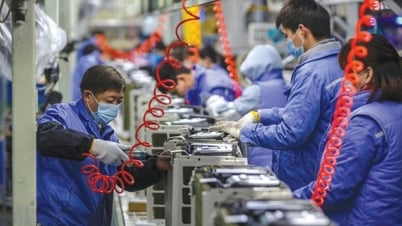

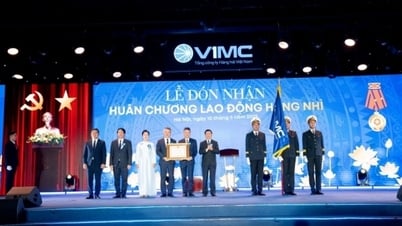




























































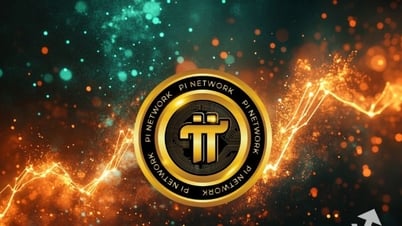



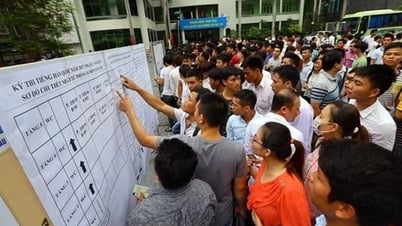
















Comment (0)